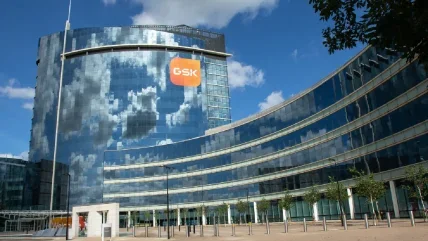
UK-based pharmaceutical company GSK has received approval from Japan’s Ministry of Health, Labour, and Welfare (MHLW) for Nucala (mepolizumab) to treat a type of chronic rhinosinusitis.
Nucala is a monoclonal antibody that targets interleukin-5 (IL-5), a key messenger protein (cytokine) in type 2 inflammation.
The drug is indicated for the treatment of chronic rhinosinusitis with nasal polyps (CRSwNP) in adult patients who are inadequately controlled with standard treatments.
CRSwNP is a chronic condition caused by persistent inflammation of the nasal lining that can cause soft tissue growth, known as nasal polyps, in the sinuses and nasal cavity.
The MHLW approval is based on the results from the Phase 3 MERIT clinical trial conducted in a population of Japanese, Chinese and Russian patients with inadequately controlled CRSwNP.
The approval is also supported by data from the Phase 3 SYNAPSE study, which explored the effect of Nucala compared to placebo in more than 400 CRSwNP patients.
Nucala is already approved in Japan to treat bronchial asthma in children, refractory asthma in adults, and eosinophilic granulomatosis with polyangiitis (EGPA).
GSK respiratory/immunology R&D global head Kaivan Khavandi said: “The chronic and debilitating impact that chronic rhinosinusitis with nasal polyps can have on those affected is often underestimated.
“This additional indication for Nucala in Japan could provide patients with an alternative treatment option to surgery or systemic steroids.”
In a separate development, GSK received Japan’s MHLW SENKU designation for bepirovirsen, its investigational antisense oligonucleotide (ASO) treatment for chronic hepatitis B (CHB).
The SENKU designation aims to enhance early patient access to advanced medicines through an expedited review process to treat serious conditions and fill unmet medical needs.
The Japanese regulator granted the designation based on results from the Phase 2b B-Clear and B-Sure trials, which evaluated the efficacy, safety, and durability of the drug.
It is the second regulatory designation for the experimental drug candidate this year after the US Food and Drug Administration (FDA) granted it fast track designation earlier this year.






